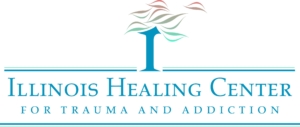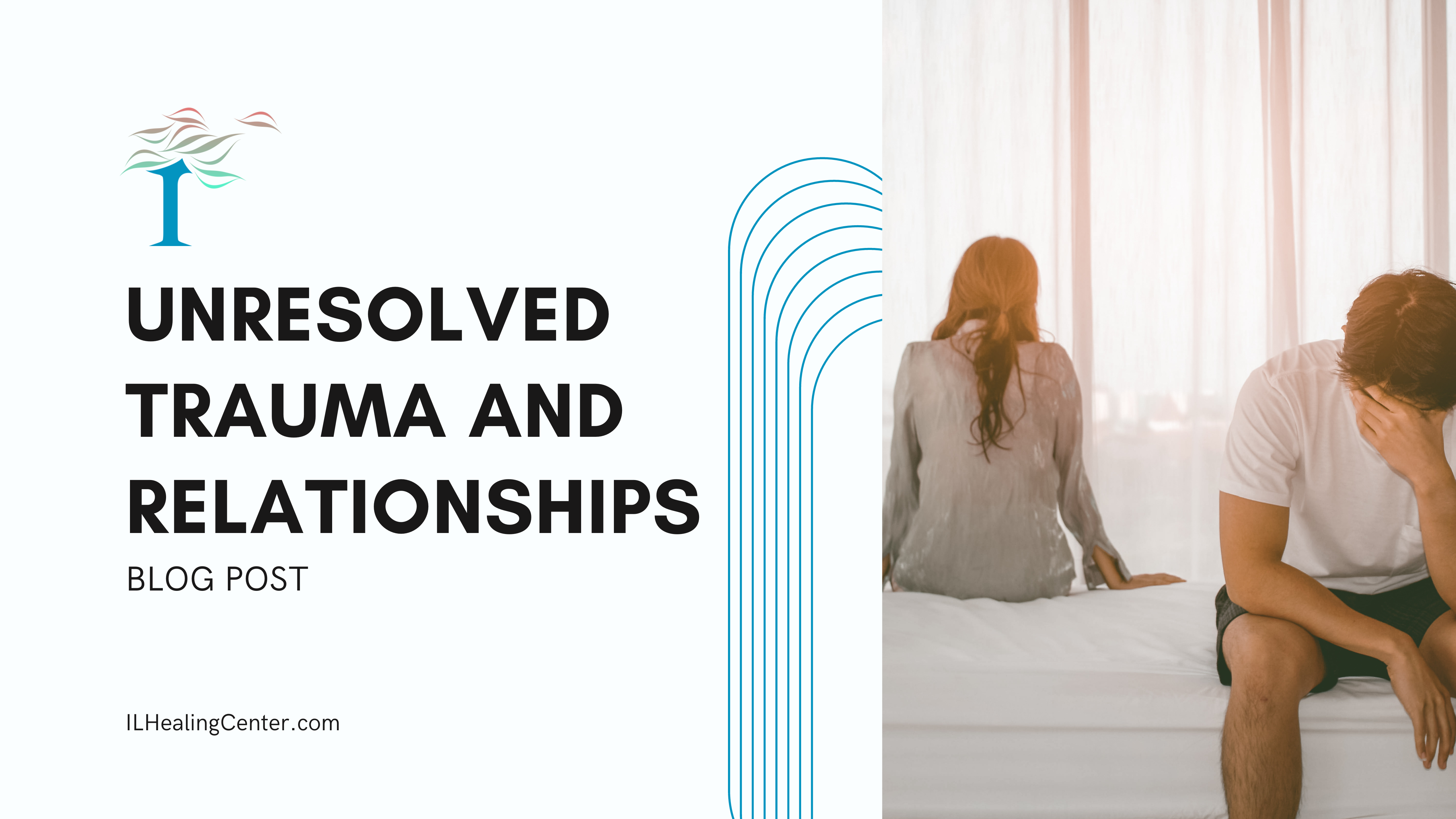What is Trauma?
Traumas are an emotional response to an extreme life event that threatens someone’s physical or psychological survival. Many people develop symptoms due to trauma including physiological reactivity to triggers, panic attacks, chronic anxiety, feelings of anger or numbness, a loss of trust, or addictive behaviors. When trauma goes unresolved, it becomes an invisible illness. It continues to live on, overwhelming the person’s mind and body, leaving a lasting mark on your mood, relationships, and sense of self.
Examples of how trauma affects romantic relationships:
Leaving trauma unresolved and not seeking therapy or self-help can lead to trauma-like reactions and susceptibility to emotional triggering and reactivity. These unresolved traumas commonly create challenges in relationships like communication, intimacy, and trust. Here are four ways traumas can negatively affect romantic relationships:
1.Triggered Into a Traumatized State
Working through conflicts in a relationship can become difficult when you encounter situations that remind you of the original trauma or ongoing stressor that your brain deems important for physical/emotional survival. When your brain labels a relationship conflict as an emergency, you may say things you don’t mean, scream, lose control, or shut down when overwhelmed.
2. Flight or Fight
Unprocessed traumas or severe chronic stressors can cause your brain to go into fight or flight mode when the amygdala signals a relationship emergency. This can result in behaviors that are damaging to relationships like attacking your partner verbally or physically (fight), running away from intimacy or emotional situations (flight), and more.
3.Shame-based Responses
Interpersonal trauma can create toxic shame which can cause you to put up a “wall” or mask your insecurities by attacking others or overcompensating. Shame often makes you want to give up on relationships rather than fight for them or turn to addictions/compulsive behaviors to self-medicate the shame.
4.Negative Beliefs
If you have experienced relationship trauma or had a dysfunctional family history that you haven’t dealt with, it can shape your beliefs about relationships in negative ways. These beliefs can change how you perceive your partner’s actions, leading you to interpret them negatively. This can cause you to be overly scared of rejection and isolate yourself from intimacy, or you may reject others before they can reject you.
Healing for Healthy Relationships:
If you experience conflict in your relationships due to past trauma, there is hope. Cultivating an environment that makes you feel emotionally and physically safe is the first step to healthy healing. You can develop insight, identify, and establish boundaries, and learn tools for how to have relationship discussions when triggered and to feel increased self-worth that makes you less sensitized to conflict. By becoming aware of negative patterns through therapy, you can begin to think and act differently and give yourself more respect, protection, and self-love to make wiser decisions about relationships and whom to partner with.
How to Get Started:
If you or someone you know is impacted by trauma, our therapists at Illinois Healing Center are here to help. For support, visit our website at www.ILHealingCenter.com or call us at 773.570.0770 to schedule an appointment.



